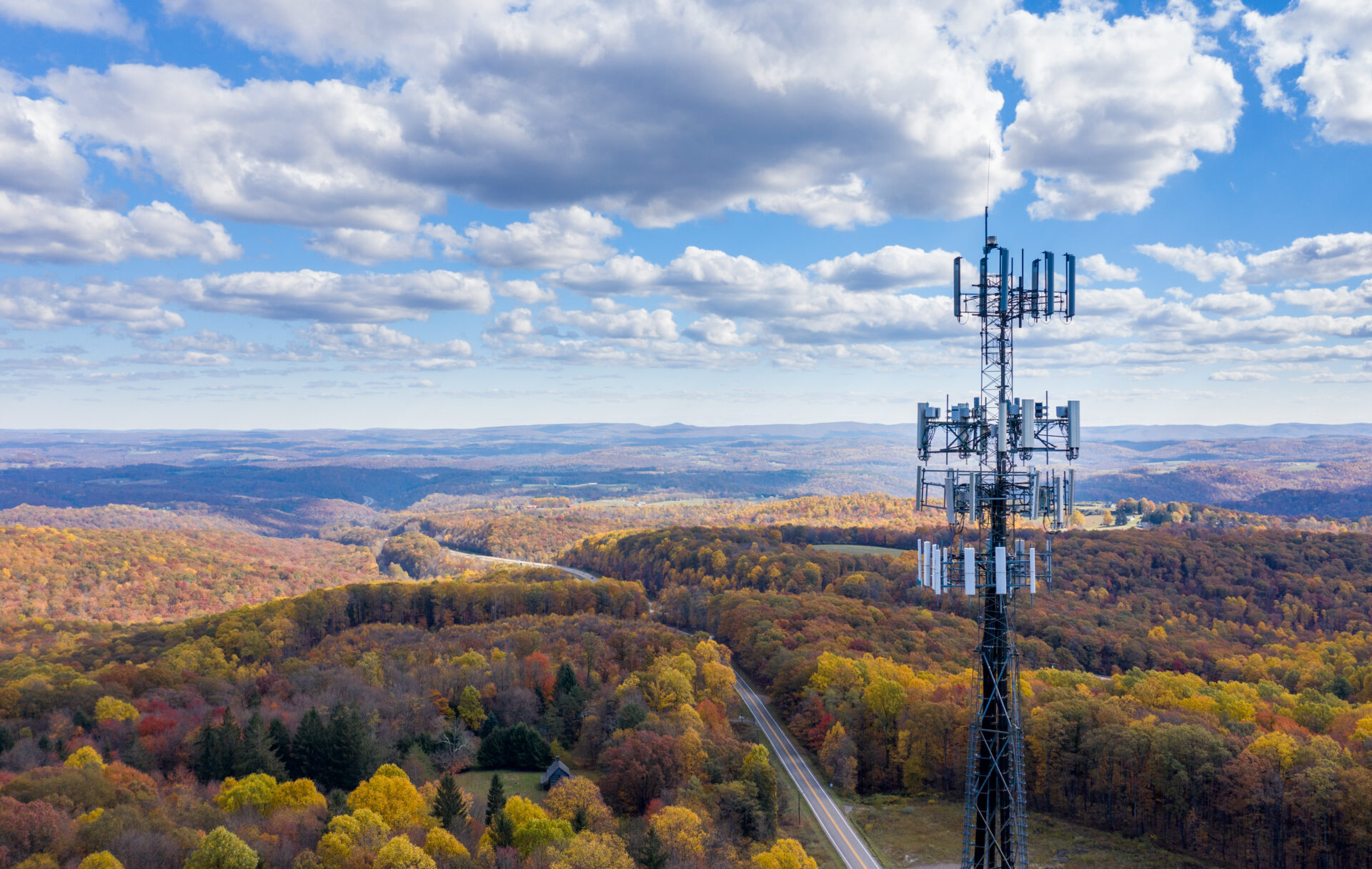The just over $1.2 billion announced for West Virginia Monday comes from the Infrastructure Investment and Jobs Act. Both of West Virginia’s U.S. senators, Democrat Joe Manchin and Republican Shelley Moore Capito, announced the $1,210,800,969.85 in federal funding to the Mountain State through the Broadband Equity, Access and Deployment (BEAD) program.
The funding was allocated based on the Federal Communications Commission’s (FCC) broadband coverage maps. New maps out this past May show that West Virginia has the least connectivity of any state in the country after Alaska.
In a Zoom press conference, Manchin and U.S. Commerce Secretary Gina Raimondo said new mapping uncovered more than 86,000 underserved or unserved West Virginia state locations – including 300,000 households.
Manchin compared this broadband development era to hearing his grandparents talk about the rural electrification of West Virginia back in the 1930s.
“Maybe 10 or 15 percent of West Virginia have electricity, because we’re so rural,” Manchin said. “With that rural electrification, it changed people’s lives, it really did. The same thing is going to happen with this.”
Raimondo said the funding will help overcome all topographic obstacles.
The reason that hasn’t happened is because it’s very expensive to lay the fiber in a rural area, or in a mountainous area,” she said. “The internet providers haven’t done it because it doesn’t make economic sense for them.”
Raimondo said federal measures will ensure every home has access to affordable, high speed internet.
“This is plenty of money to get to everyone,” Raimondo said. “We mean the small farm or family at the end of the long road in rural West Virginia, because we’re going to subsidize the companies to make that infrastructure investment. Then we’re going to hold them accountable to provide the internet at a price that, that family can afford.”
Raimondo said the money won’t go out until the state is able to show how they’re going to implement the BEAD program. Manchin said his staff and state offices, working with internet providers, have been coordinating the coverage plan.
“We’ve been looking at our underserved areas for what, seven, eight years, so we pretty much know where they are,” Manchin said. “We’ve been in contact for quite some time with the State Economic Development Department and all the different development offices around the state, trying to make sure they have a plan. We’re pretty far down the road, I think.”
An announcement from the Biden administration Monday detailed that every U.S. state, territory and protectorate received a share of more than $42 billion to improve broadband connectivity.
Neighboring Ohio, for example, will receive $793,688,107.63 to deploy affordable, reliable high-speed internet service. More than 183,700 homes and small businesses in Ohio lack access to a high-speed Internet connection.
